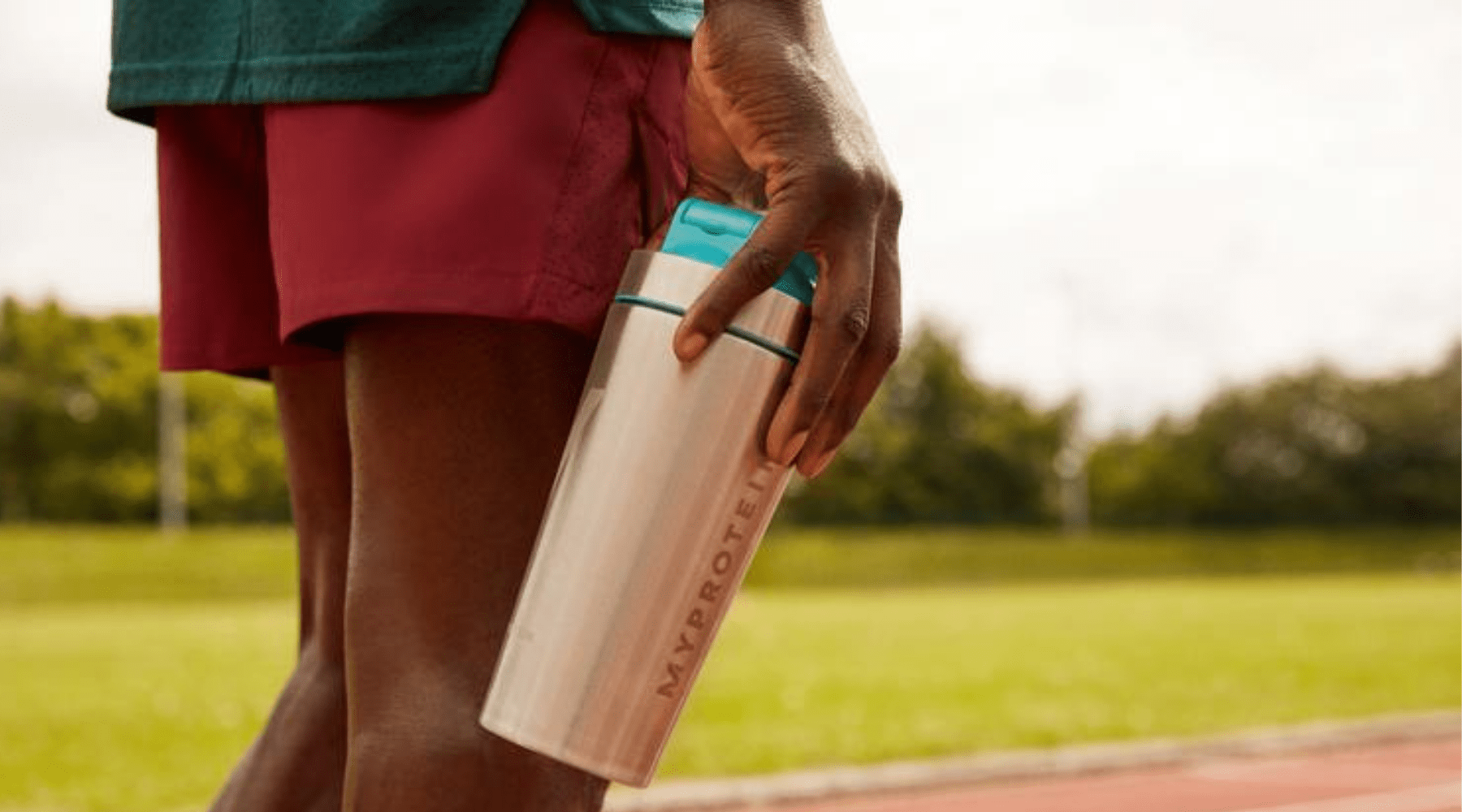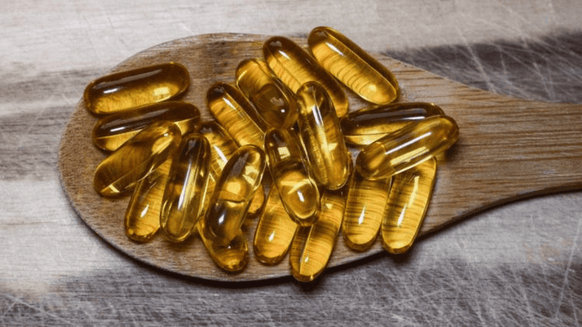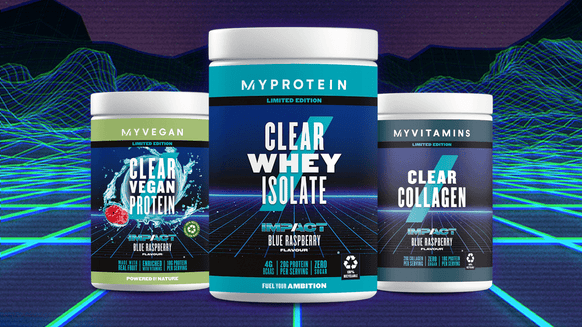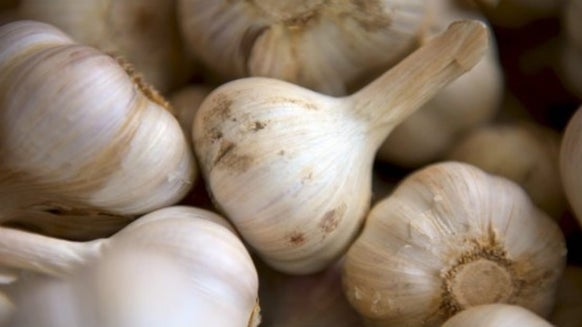

Czym jest L-glutamina?
Źródła Pożywienia
Korzyści
1. Szybsza Regeneracja
2. Zwiększenia czystej masy ciała i siły
- Ograniczona utrata siły i zmniejszenie bolesności mięśniowej
- Poczucie mniejszego zmęczenia
- Dłuższy czas do wyczerpania w trakcie treningu wytrzymałościowego
3. Utrata Wagi
4. Wsparcie układu odpornościowego
Dawkowanie
Czas
Potencjalne Efekty Uboczne
Podsumowanie
Sprawdź inne nasze artykuły:

5 Sposobów na radzenie sobie ze stresem
Na pewno nie jesteś sam w dni, w których czujesz, że to wszystko staje się trudn...

7 Najlepszych suplementów, aby zbudować masę mięśniową

Claire jest dietetyczką zarejestrowaną poprzez Academy of Nutrition and Dietetics oraz trenerem Health and Wellness certyfikowanym przez International Consortium for Health and Wellness Coaching. Posiada licencjat z biologii i tytuł magistra z dietetyki klinicznej i żywienia z Uniwersytetu w Pittsburghu.
Rozmowa i pisanie o jedzeniu i fitnessie jest ulubioną częścią życia Claire, ponieważ uwielbia wykorzystywać swoje doświadczenie, aby pomóc innym w realizacji ich celów zdrowotnych i w poprawie kondycji psychicznej.
Claire jest też certyfikowanym instruktorem kolarstwa halowego i uwielbia fizyczny impuls, jaki uzyskuje dzięki regularnym biegom i zajęciom jogi. Kiedy sama nie trenuje, kibicuje drużynom sportowym w rodzinnym mieście w Pittsburghu lub gotuje dla swojej rodziny.
Dowiedz się więcej o doświadczeniach Claire tutaj.
- Gleeson, M. (2008). Dosing and efficacy of glutamine supplementation in human exercise and sport training. The Journal of nutrition, 138(10), 2045S-2049S.
- Holecek, M. (2013). Side effects of long‐term glutamine supplementation. Journal of parenteral and Enteral Nutrition, 37(5), 607-616
- Hall, J. C., Heel, K., & McCauley, R. (1996). Glutamine. British Journal of Surgery, 83(3), 305-312.
- United States Department of Agriculture Agricultural Research Service. (2019, January 29). USDA Food Composition Databases Nutrient List. Retrieved from https://ndb.nal.usda.gov/ndb/nutrients/index
- Legault, Z., Bagnall, N., & Kimmerly, D. S. (2015). The influence of oral L-glutamine supplementation on muscle strength recovery and soreness following unilateral knee extension eccentric exercise. International journal of sport nutrition and exercise metabolism, 25(5), 417-426.
- Iwashita, S., Williams, P., Jabbour, K., Ueda, T., Kobayashi, H., Baier, S., & Flakoll, P. J. (2005). The impact of glutamine supplementation on glucose homeostasis during and after exercise. Journal of applied physiology.
- Lehmkuhl, M., Malone, M., Justice, B., Trone, G., Pistilli, E. D., Vinci, D., … & Haff, G. G. (2003). The effects of 8 weeks of creatine monohydrate and glutamine supplementation on body composition and performance measures. The Journal of Strength & Conditioning Research, 17(3), 425-438.
- Street, B., Byrne, C., & Eston, R. (2011). Glutamine supplementation in recovery from eccentric exercise attenuates strength loss and muscle soreness. Journal of Exercise Science & Fitness, 9(2), 116-122.
- McCormack, W. P., Hoffman, J. R., Pruna, G. J., Jajtner, A. R., Townsend, J. R., Stout, J. R., … & Fukuda, D. H. (2015). Effects of L-alanyl-L-glutamine ingestion on one-hour run performance. Journal of the American College of Nutrition, 34(6), 488-496.
- Melis, G. C., ter Wengel, N., Boelens, P. G., & van Leeuwen, P. A. (2004). Glutamine: recent developments in research on the clinical significance of glutamine. Current Opinion in Clinical Nutrition & Metabolic Care, 7(1), 59-70.
- Shao, A., & Hathcock, J. N. (2008). Risk assessment for the amino acids taurine, L-glutamine and L-arginine. Regulatory toxicology and pharmacology, 50(3), 376-399.
Powiązane posty

Najlepsze ćwiczenia dla kobiet | Trenuj efektywnie i wyglądaj olśniewająco!






